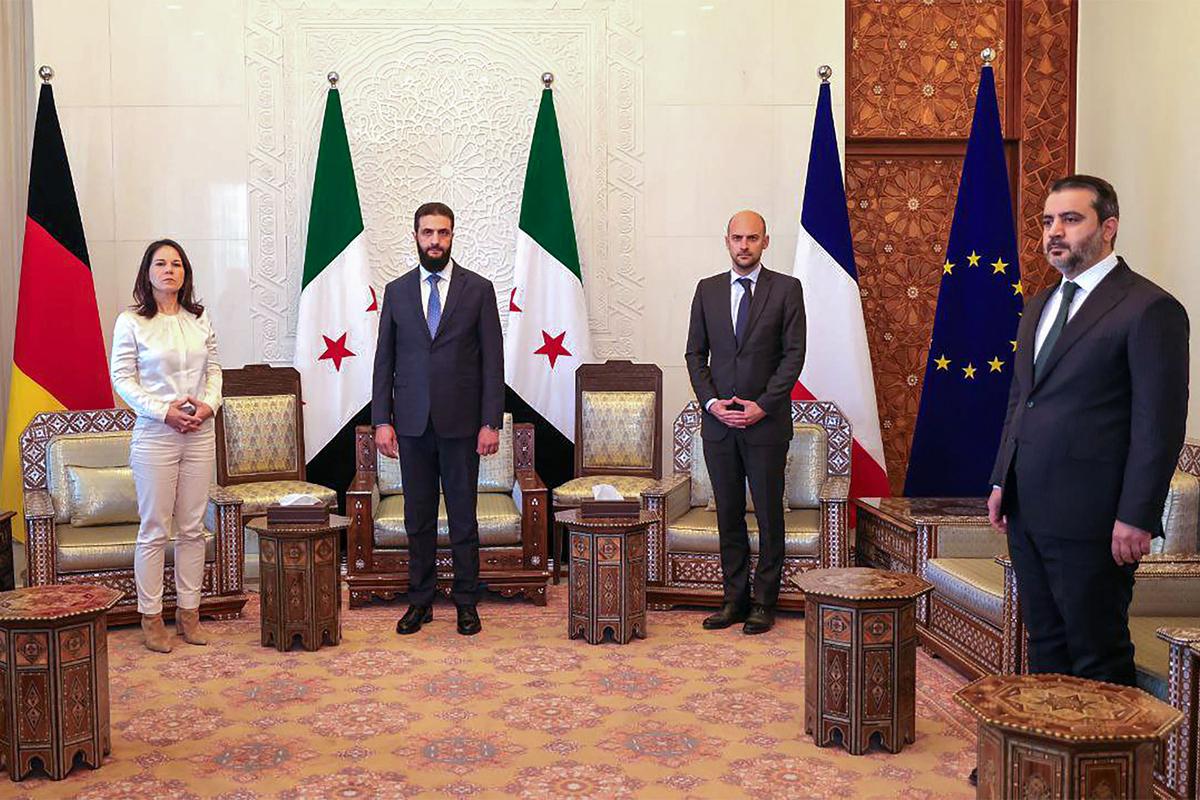
A coalition of 64 Syrian organizations has called on the European Union to abandon its longstanding sanctions framework on Syria, urging that the measures no longer serve their intended purpose and instead impede economic recovery and civil society work across the country.
In a joint statement issued Wednesday, May 7, the signatories appealed to the EU not to renew Council Decision 2011/273/CFSP and Council Regulation 2012/36, which were originally enacted in response to human rights violations by the Assad regime. They argued that the political context underpinning the sanctions has shifted significantly and that the legal basis for their continuation has effectively eroded.
“The conditions that justified these sanctions no longer exist: the Assad regime has collapsed,” the statement read. “The framework upon which the EU sanctions are based—explicitly linked to Assad’s behavior—now lacks a legal basis.” The organizations further contended that using those sanctions to influence a future Syrian government contradicts the spirit of the original EU resolution and instead punishes the civilian population.
The signatories warned that the indefinite extension of the existing sanctions risks transforming them into a blunt political instrument rather than a tool of accountability. They emphasized that continued restrictions have paralyzed key sectors of the Syrian economy, including energy, banking, and infrastructure, making it nearly impossible for international or local investors to engage without fear of legal or financial consequences.
“Economic actors remain reluctant to engage with Syrians due to uncertainty and risk aversion,” the statement noted. This climate, they argue, blocks access to essential goods, disrupts services, and deepens an ongoing economic recession, thereby fueling conditions for migration, extremism, and instability.
Despite EU attempts to ease restrictions earlier this year—such as the suspension of sanctions on oil and transportation sectors and the removal of several financial institutions from the sanctions list—civil society groups maintain that these steps are insufficient. They highlight that many sanctions continue to target vital state institutions like the Central Bank of Syria (CBS) and utilities, which hinders reconstruction and recovery.
The statement also raised concerns about the marginalization of civil society and international humanitarian efforts, asserting that the current sanctions framework empowers informal networks and militias operating outside state control.
The organizations did not call for a blanket lifting of all sanctions. Instead, they proposed shifting individuals and entities responsible for war crimes and human rights abuses to the EU’s Global Human Rights Sanctions Regime, allowing for targeted accountability without broad economic harm.
Earlier this year, EU foreign policy chief Kaya Kallas acknowledged the possibility of sanction reform, noting in January that easing measures could be reversed if misused. However, the Syrian organizations maintain that a recalibrated approach is urgently needed to align EU policy with the realities on the ground and support Syria’s long-delayed reconstruction.








